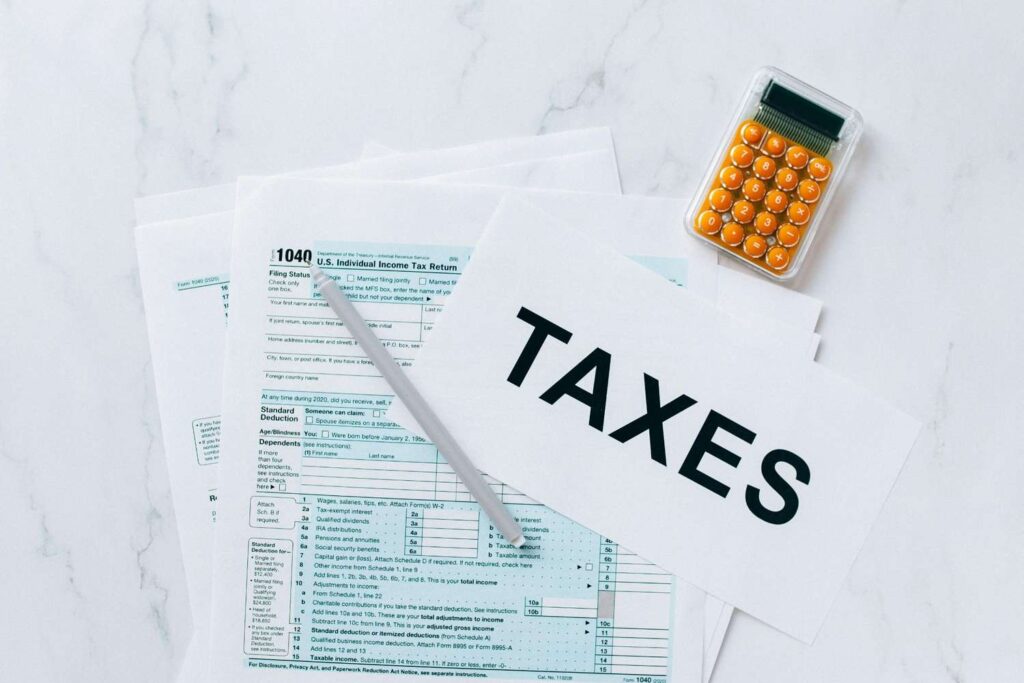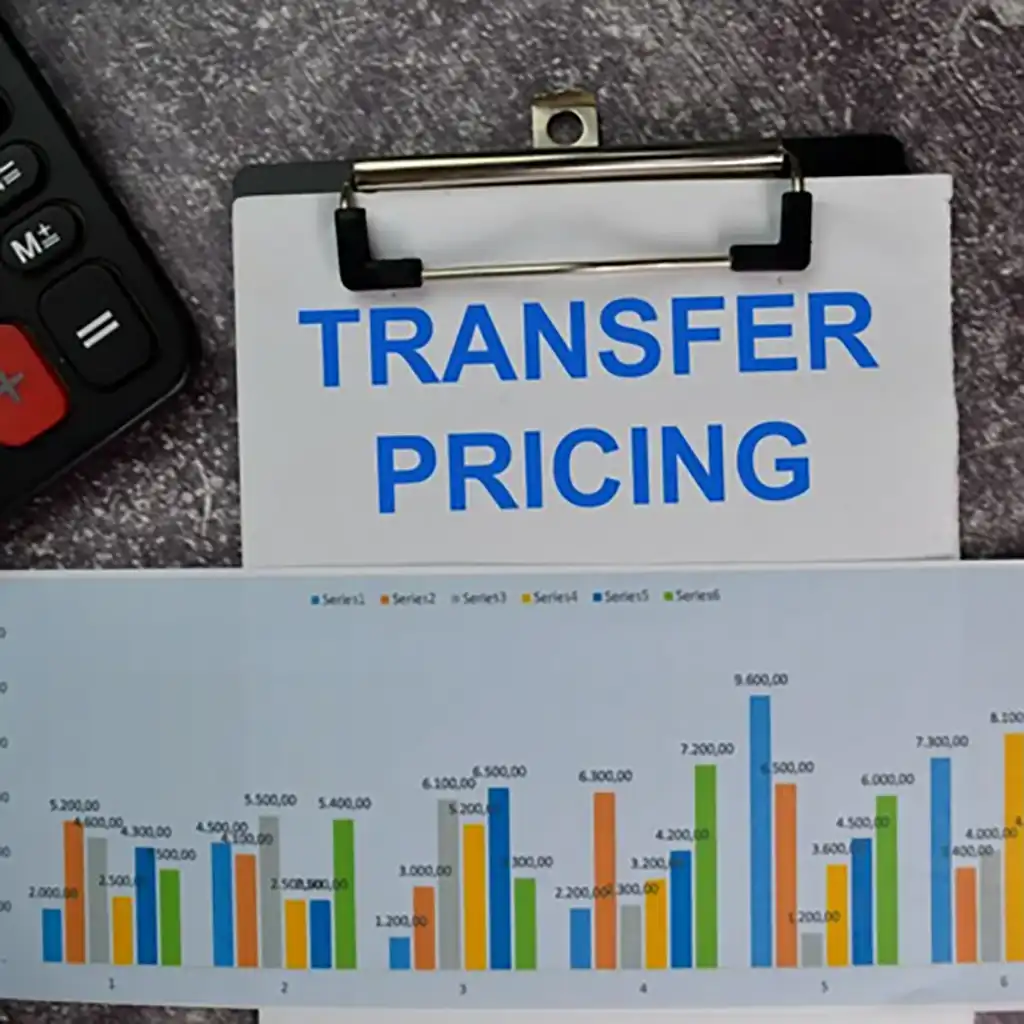The UAE business community is facing an important milestone. For the first time, companies across Dubai and the wider Emirates will need to file corporate income tax returns. The Federal Tax Authority (FTA) has set September 30, 2025 as the deadline for businesses with a financial year ending on December 31, 2024.
This deadline isn’t just a formality. It’s the start of a new era in compliance. Companies that prepare early will avoid penalties and position themselves as well-governed, transparent businesses. Those that wait too long may find themselves struggling with both deadlines and fines.
Corporate Tax in the UAE: What You Should Know
Since June 1, 2023, corporate tax has been part of the UAE’s business environment. The rules are straightforward:
- 9% tax on taxable profits above AED 375,000
- 0% tax on profits up to AED 375,000
- Applies to mainland companies, free zone entities, and branches of foreign businesses
Even if your company doesn’t make a taxable profit, you must still register and submit a return through the EmaraTax portal.
Why September 30, 2025 Matters
Under the law, businesses must file their return and pay any due tax within nine months of the end of their financial year. For those following the calendar year, that means September 30, 2025.
Here’s what’s required:
- File electronically via EmaraTax
- Pay any outstanding liability by the deadline
- Keep supporting records for seven years
The FTA has made it clear: missing the deadline comes at a cost, with penalties starting at AED 500 per month for late filing.
Filing Through the EmaraTax Portal
The EmaraTax system is where everything happens—registration, filing, and payment. If your company isn’t registered yet, this should be your first step. You’ll need a Corporate Tax TRN to proceed.
Once registered, prepare your 2024 accounts, enter the figures into the portal, and make payment if required. Filing early gives you breathing room and reduces the chance of technical problems at the last minute.
Small Business Relief for SMEs
To support smaller companies, the government introduced Small Business Relief (SBR). Businesses with revenue of AED 3 million or less for 2024, 2025, and 2026 can elect to be treated as having no taxable income.
This option removes tax liability, but it also means you can’t carry forward losses or claim deductions for that year. It’s wise to seek Expert Financial Guidance before choosing this path.
What Free Zone Companies Need to Know
Free zone companies must also comply with the new tax framework.
- Qualifying Free Zone Persons (QFZPs) can benefit from a 0% rate on qualifying income
- Non-qualifying or mainland-sourced income will be taxed at 9%
- All free zone entities must file a return
To maintain their status, businesses need to show substance in their free zone operations, keep audited accounts, and prepare TP Compliance Documents if they engage in related-party transactions.
Penalties and Risks
The FTA has taken a strict stance on compliance. Penalties include:
- AED 500 per month for late filing in the first year (rising after 12 months)
- 1% per month on unpaid tax
- AED 20,000 for incorrect returns
- Up to AED 500,000 for transfer pricing violations
These risks underline the importance of reliable Accounting & Bookkeeping and strong Regulatory Compliance systems.
How to Prepare Before the Deadline
Here are the steps every business should take now:
- Register promptly on EmaraTax
- Finalise 2024 accounts with proper Audit Preparation & Coordination
- Check if you qualify for Small Business Relief
- Review Company Setup & Structuring for tax efficiency
- Strengthen internal processes with AML & Financial Controls
- Upgrade to Technology Driven Accounting Solutions where possible
- Develop forward-looking plans with Policy & Strategy Development
- Conduct Risk Assessment & Audit Support to test readiness
- Use Regulatory Risk & Compliance Advisory to stay aligned with FTA rules
Taking action now will make the filing process smooth and penalty-free.
Conclusion
The UAE’s corporate tax regime is here to stay, and the September 2025 deadline will be the first real test for businesses. Those that prepare now will avoid unnecessary stress, penalties, and compliance risks.
At Dos Hermanos Accounting & Tax Consultants, we are proud to be known as one of the top accounting firms in the UAE. We combine deep local knowledge with international best practices, offering trusted support in Taxation Services, Audit, Accounting, and Business Advisory.
Contact Dos Hermanos today to make sure your corporate tax return is filed correctly and on time. With our guidance, you can meet the September deadline with confidence and focus on what matters most growing your business.























